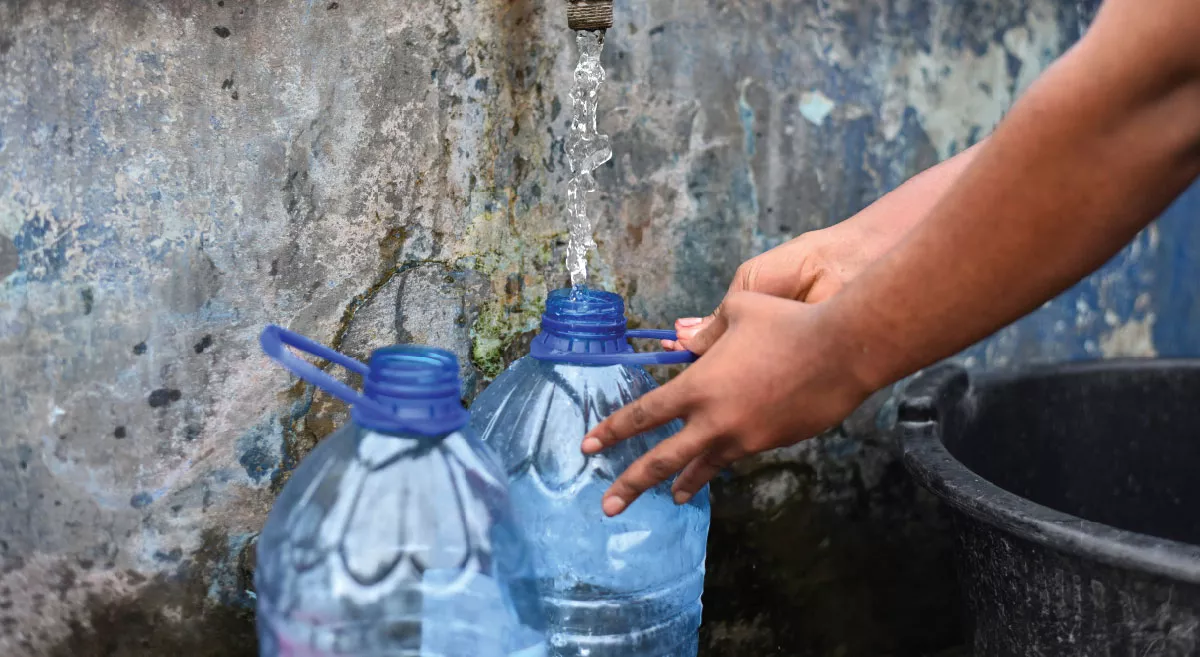Intensive care units provide the best assistance when a child requires specialized medical care. In the case of newborns and critically ill children, they are typically cared for in the Neonatal Intensive Care Unit (NICU) or the Pediatric Intensive Care Unit (PICU).
Being aware of the distinction between the two may make parents feel more knowledgeable and ready when faced with a difficult situation. If you are trying to learn the difference between PICU and NICU, this guide will take you through the operation of each unit, the patients they serve, and the type of care you can expect.
Both NICU and PICU are vital parts of advanced hospitals and are equipped with specialized teams and equipment. However, they serve different age groups and focus on specific medical needs.
What Is the NICU
NICU is an abbreviation of Neonatal Intensive Care Unit. The unit is meant to take care of premature, low birth weight and medically challenged newborns. An NICU baby requires assistance with breathing, feeding, body temperature maintenance, or infection fighting.
Such babies usually need special attention and care during the initial days or weeks of life. In India, NICU services have incubators, ventilators, and heart rate, oxygen level, and other vital sign monitoring devices. NICU personnel consist of neonatologists, neonatal nurses, respiratory therapists, and others who are trained to care for newborns.
When Is NICU Care Needed
A baby may be admitted to the NICU for several reasons, including:
● Premature birth (before 37 weeks of pregnancy)
● Low birth weight (less than 2.5 kg)
● Breathing problems at birth
● Jaundice requiring intensive treatment
● Infections are detected shortly after delivery
● Congenital conditions or birth defects
In some cases, even full-term babies are placed in the NICU for short-term observation and care.
What Is the PICU
PICU stands for Pediatric Intensive Care Unit. It is designed to care for children who are critically ill, injured, or recovering from complex surgery. The PICU typically treats infants, toddlers, children, and adolescents up to the age of 18.
PICU hospital facilities are equipped with advanced monitoring tools, ventilators, and life-saving interventions. The care team includes pediatric intensivists, nurses, respiratory therapists, and other support staff who are experienced in handling emergency and long-term care for children.
Common Reasons for PICU Admission
Children may be admitted to the PICU for various reasons, such as:
● Severe infections like pneumonia or sepsis
● Respiratory failure requiring ventilator support
● Recovery after complex surgeries, including cardiac or neurological procedures
● Accidental injuries such as trauma or burns
● Seizures or neurological disorders
● Chronic conditions like diabetes or asthma with complications
Unlike NICU babies, PICU patients have already passed the newborn stage but require intensive care to stabilize and recover.
NICU vs PICU: Key Differences
While both units provide critical care, there are key distinctions to understand in the PICU vs NICU comparison:
1. Age Group
NICU cares for newborns, often within the first 28 days of life. PICU cares for older infants, toddlers, children, and teenagers.
2. Specialization
NICU focuses on conditions related to birth and early development. PICU manages serious illnesses, injuries, or post-operative recovery in children.
3. Equipment and Staff
Both units are highly equipped, but NICU devices are tailored for tiny newborns. PICU equipment suits older children. Staff in each unit are specially trained in age-specific care.
4. Parental Involvement
In both units, parents play an important role. However, older children in the PICU may be able to communicate and participate in their own care, whereas NICU babies are entirely dependent on medical support.
5. Treatment Duration
NICU stays often last several weeks, especially for premature babies. PICU stays may be shorter or longer depending on the condition and response to treatment.
When to Seek Care in a Specialized Hospital
If your child or newborn needs intensive care, choosing a hospital with well-established NICU and PICU units is essential. A reputed PICU hospital provides access to advanced care, round-the-clock monitoring, and a multidisciplinary team.
Similarly, hospitals offering NICU services ensure that your baby receives the right level of neonatal support from day one. In high-risk pregnancies, expectant mothers may be referred to hospitals with NICU facilities before delivery to ensure immediate care for the newborn if needed.
Emotional Support for Families
Having a child admitted to the NICU or PICU can be an emotional experience. Hospitals that offer counselling services, parent lounges, and regular updates help families cope better. Many centers also include parents in care discussions, which makes them feel more confident and informed. Support groups, social workers, and child-life specialists can also assist in easing the stress during this time.
Conclusion
Understanding the difference between NICU vs PICU helps families prepare for the type of care their child might need. A NICU baby receives care for conditions related to birth, while children in the PICU are treated for illness, injury, or surgery recovery.
Whether it is NICU services or a specialized PICU hospital, timely access to expert care can make a life-saving difference. Knowing where to go and what to expect helps families stay calm, make informed decisions, and support their child’s recovery with confidence.


















